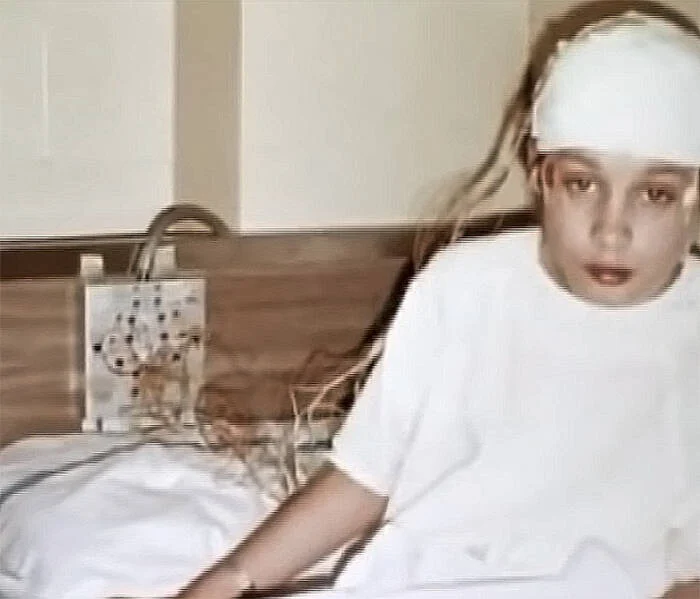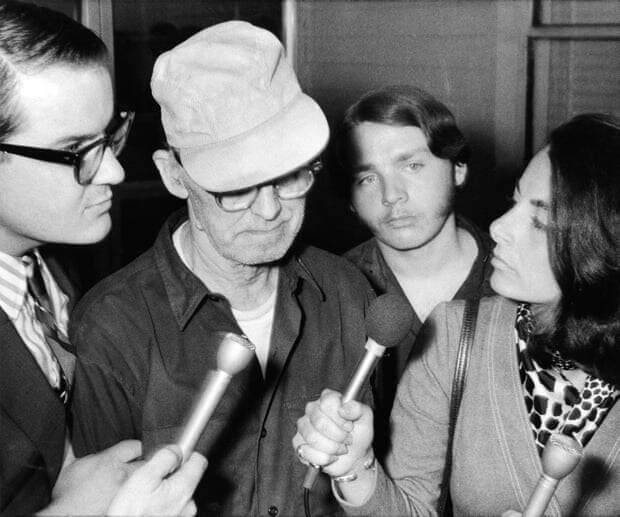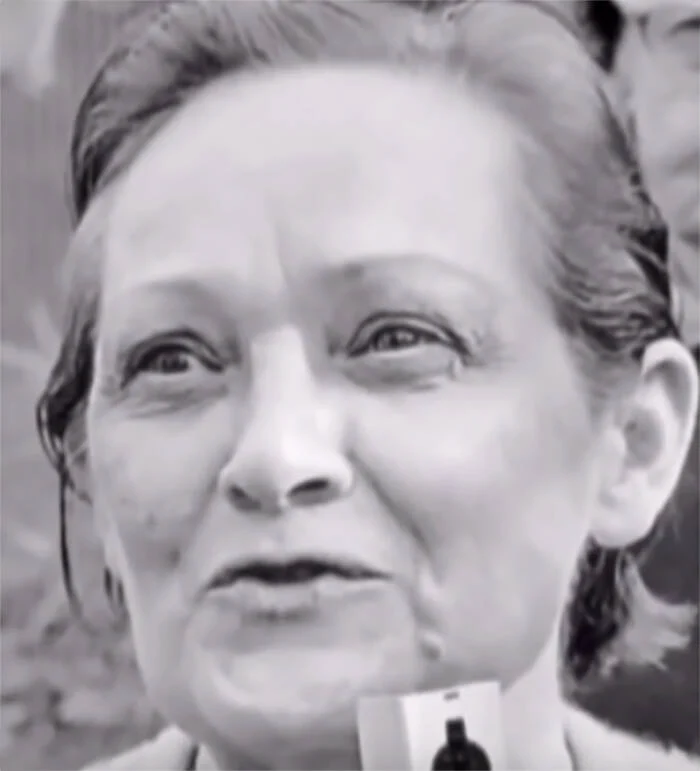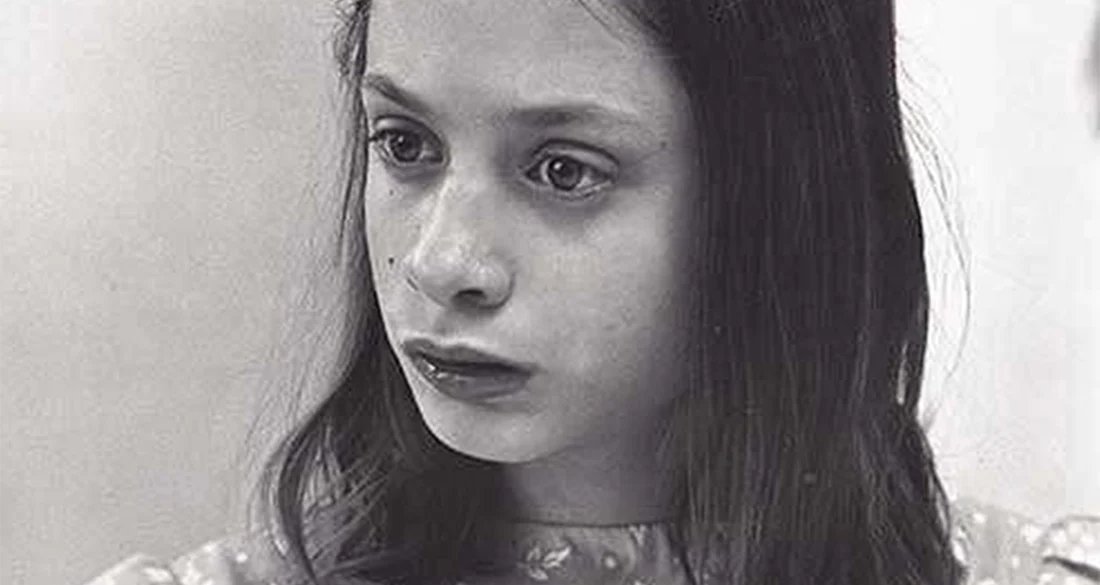 enie Wiley is a name that will live in infamy due to her horrific story. Genie was kept in isolation by her father for 13 years, and only discovered at the age of 13 when social services intervened. Her case has been a source of intense scientific and ethical debate ever since, with many asking how such extreme isolation can affect a person’s mental health and overall wellbeing. This blog post seeks to explore the background of Genie Wiley, the effects of extreme isolation on her life, the discovery of Genie, the aftermath of this discovery, and what we can learn from this heartbreaking story.
enie Wiley is a name that will live in infamy due to her horrific story. Genie was kept in isolation by her father for 13 years, and only discovered at the age of 13 when social services intervened. Her case has been a source of intense scientific and ethical debate ever since, with many asking how such extreme isolation can affect a person’s mental health and overall wellbeing. This blog post seeks to explore the background of Genie Wiley, the effects of extreme isolation on her life, the discovery of Genie, the aftermath of this discovery, and what we can learn from this heartbreaking story.
Genie Wiley was born in 1957 in Arcadia, California and her childhood was anything but simple. Her father was an alcoholic and her mother suffered from mental illness, leading to a difficult home life for Genie. At the age of 20 months, Genie’s father began to isolate her from the world, confining her to a single room with no toys or other forms of comfort. She was unable to interact with anyone outside of this room and she had no access to books or any other form of stimulation.
This isolation went on for 13 years until Genie was discovered by social services at the age of 13. Upon discovering her, they brought her to Children’s Hospital Los Angeles where she could receive proper medical care and attention. This discovery sparked an intense scientific and ethical debate as experts attempted to understand the effects that extreme isolation would have on a person’s physical and mental health.
Genie’s story serves as an important reminder about the importance of mental health, communication, and understanding human rights. It is a cautionary tale that highlights just how dangerous it can be when someone is deprived of basic human contact or needs for extended periods of time. While we can never fully understand what Genie experienced during those 13 years, we can use her story as an example of why it is so important to ensure everyone has access to basic needs like safety, security and love.
Effects of Isolation
When Genie Wiley was discovered at the age of thirteen, she was in a state of physical and mental decline due to her extreme isolation. Her physical condition had deteriorated significantly, as she had not been exposed to any form of stimulation or nutrition since infancy. She was unable to walk, and had difficulty controlling her body movements which were often jerky and uncoordinated.
Cognitively, Genie’s development had been severely stunted. She did not understand concepts such as time, space and color and could only communicate through rudimentary sounds. Her language abilities were far behind what would be expected for a thirteen-year-old. In addition, Genie exhibited signs of extreme emotional fragility: she would often react with fear to even the slightest stimuli, such as being touched or spoken to by someone unfamiliar.

Malnourishment and extreme underweight also contributed to Genie’s condition when she was eventually discovered. She weighed just 59 pounds (27 kg) which is about half the normal weight for a person her age and height. This further highlighted the severity of the situation that Genie endured during her thirteen years in isolation.
It is clear from Genie’s story how detrimental prolonged isolation can be on an individual’s physical health, cognitive development, emotional wellbeing, and overall quality of life. It is essential that we learn from this case study so we can ensure no other person ever has to endure anything like it again in future.
The Discovery of Genie
In November 1970, the discovery of Genie Wiley brought to light a unique case that has sparked much debate and discussion in both scientific and ethical circles. Despite having been kept in extreme isolation for 13 years by her father, Genie still showed signs of resilience when she was found at the age of 13. At this point, she was unable to walk or communicate, and weighed only 59 pounds due to malnourishment – yet her story highlighted a potential for growth and recovery even after such an extended period of deprivation.

This case has served as an important reminder that mental health should never be ignored or underestimated. It also raises questions over the effects of extreme isolation on individuals’ physical and mental wellbeing, with experts arguing that it demonstrates the importance of early intervention when someone is deprived of basic human needs. Finally, it serves as a testament to human resilience – showing us all that we have strength within ourselves which can help us through difficult times.
The Aftermath of the Discovery
The story of Genie Wiley and her plight for basic human rights has had a lasting impact on both the scientific and ethical communities. Following her rescue, Genie was moved to Children’s Hospital Los Angeles, where she became the subject of intense study by researchers who sought to understand how prolonged isolation impacted her development. This scrutiny sparked debates among scientists and ethicists regarding the effects of extreme isolation on physical and mental wellbeing, as well as important ethical questions surrounding child abuse and neglect.

Sadly, despite best efforts to help her recover while at the hospital, Genie’s condition did not improve much over time due to lack of exposure to language during those early years. Her cognitive development remained stunted due to years of deprivation from basic human contact and needs. In light of this tragic case, it is essential that we consider how our own actions can impact an individual’s life in such profound ways – both positively or negatively –and take necessary steps to ensure all humans are provided with respect for their autonomy, access to healthcare services, understanding for mental health needs, freedom from confinement or isolation and access to education.
What We Can Learn From Genie’s Story
The tragic story of Genie Wiley serves as an important reminder of how neglect can have serious consequences. Her case highlights the importance of taking care of our mental health, as deprivation of basic human needs and communication can cause severe psychological harm. It is important to be aware of the signs of abuse or neglect and take action when we see them.

Socialization and communication are essential for healthy human development, as evidenced by Genie’s stunted cognitive growth due to lack of exposure to language during her early years. Though it was too late for Genie, it is still possible to help those suffering from isolation through interventions such as therapy, support networks and even social media platforms like Twitter which provide a safe space for people to connect with others going through similar experiences.
In addition, Genie’s story should also serve as a reminder that we should be raising awareness about human rights for individuals with disabilities or other marginalized groups who may be subject to unfair treatment or isolation. We should all strive towards creating an inclusive society where everyone has access to education, healthcare services and their basic human rights are respected and protected.
Ultimately, Genie’s story stands as a testament to the resilience of the human spirit in spite of unimaginable hardship – but it also serves as a reminder that we should do everything in our power to ensure that no one else ever has to suffer the same fate.
Avid Writer with invaluable knowledge of Humanity!
Upcoming historian with over 30 million views online.
“You make your own life.”





